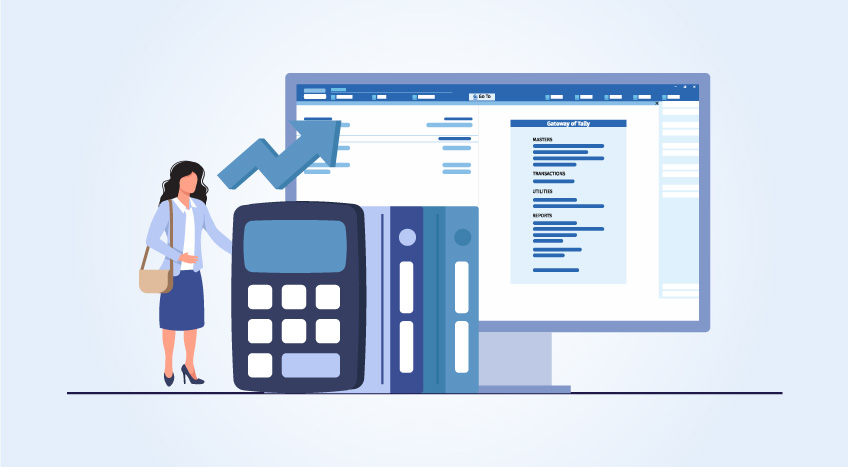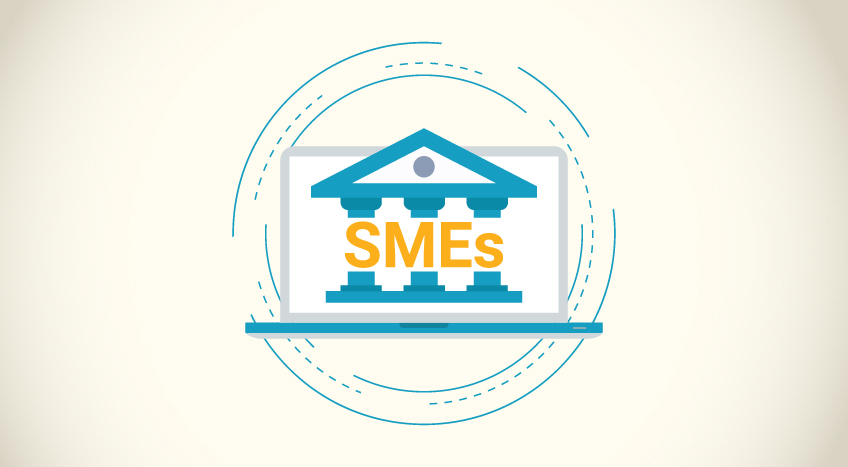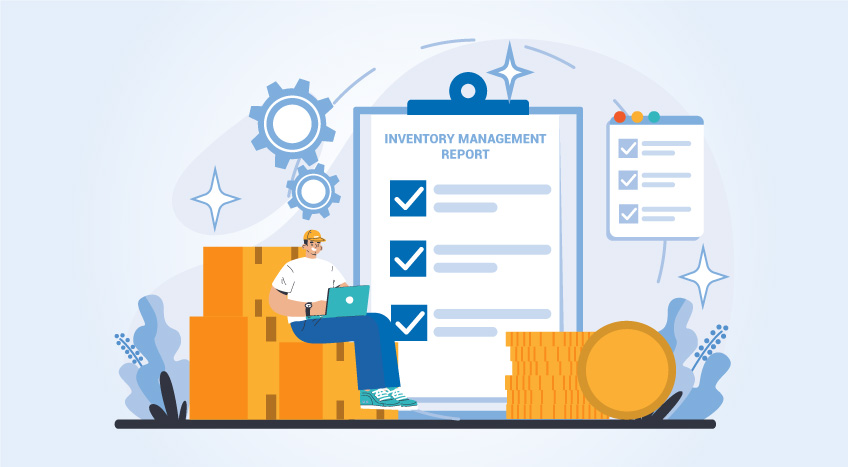- What is cash accounting?
- Examples of cash accounting
- Limitations of cash accounting
- Advantages of cash accounting
- When should you opt for cash accounting?
- Cash accounting vs. accrual accounting
- TallyPrime for all accounting needs
What is cash accounting?
What is cash accounting is a question that many wonders about. Cash accounting is also known as cash-basis accounting and it is an accounting method in which a transaction is recorded only when cash is received or paid. If a contract has been signed and you received the full payment, then this payment is immediately stored in your records in cash accounting because you have the cash at hand. If you signed the contract but did not receive the payment, then you will wait until the payment is received to record that transaction. Small businesses often use cash accounting, while large businesses opt for accrual accounting.
|
How Can Accountants Use Technology to Deepen Client Relationships |
Best Billing Software In USA – Things To Look Up Before Purchasing A Billing Software |
Examples of cash accounting
Let us say you purchased furniture worth $20,000 for your office in June. You paid $20,000 to the furniture store in July. According to the cash accounting method, you will be recording the transaction (of cash paid) in July because that is exactly when the cash was paid to the furniture store even though you received furniture a month prior.
Another example is you provide a service to a customer in January but pays in April. Even though you provided the service in January, the transaction won’t be recorded until April, when the cash was received from the customer. That is because according to cash accounting, you will not record the transaction when you gave the service but rather when the customer made the payment.
Limitations of cash accounting
Cash accounting limitations are as below.
Shows inaccurate performance
It doesn’t show the real picture even though it shows cash at present. For instance, cash accounting does not show the liabilities which haven’t been paid by your business yet. It shows a skewed view of your business performance which is bad for long-term decision-making.
Limited use
Cash accounting cannot be used by many types of businesses and is only restricted to being used by small businesses, start-ups, and micro-businesses without an inventory. While it makes sense at the start, it is best to use the accrual method which has a wider scope even though it is comparatively tougher.
Inevitable shift
Businesses must eventually move to use the accrual accounting method as their revenue grows, the store inventory, and they become larger corporations. Businesses that use cash accounting now but are expected to receive funds from outside must use the accrual accounting method.
Advantages of cash accounting
Cash accounting benefits are as below.
Simple to implement
Cash accounting is easy and no training is required to use the method from day 1 of running your business. It isn’t time-consuming and complicated either, so it is easy to get other people on board to understand the process when compared to accrual accounting.
Accurate cash flow insight
It shows the cash flow of the business at the moment. It doesn’t factor in the past or the future but shows how much cash is available in a business at any given time. For start-ups and small businesses, this can be an excellent way to know how much cash they have at any time.
Simplifies tax returns
Cash accounting makes tax returns easy for some MSMEs. Let us say a client owes you money. As they have not paid yet, you have a lower tax burden for the current financial year because you won’t account for it unless the cash enters your business. This is beneficial for large payments.
When should you opt for cash accounting?
As discussed earlier, cash accounting is not recommended for everyone because of its shortcomings. As the accounting method shows how much a business has at a given time, it can be useful for small businesses because of its simplicity and user-friendliness. Self-employed individuals can use cash accounting as they don’t have a large number of transactions every day. Non-profit organizations can benefit from cash accounting. Those businesses with no inventory can opt for cash accounting. A business with a small number of employees can handle cash accounting. Businesses, where credit is not part of the equation, can use cash accounting.
Cash accounting should not be used by large businesses, all businesses with inventory, and those businesses which use a double-entry accounting system. It should not be used by businesses with a high volume of transactions daily and those with a large number of employees. Any business that publishes financial statements regularly should opt for accrual accounting instead, as it makes more sense and is more suitable. When credit is involved in transactions, then accrual accounting is a better choice.
Cash accounting vs. accrual accounting
Some major differences between the two methods of accounting are as follows.
|
Cash accounting |
Accrual accounting |
|
Cash accounting requires the transaction to occur before it is recorded as an expense or income. |
Accrual accounting involves recording a transaction when the activity has taken place even if it means the expense or income will be incurred in the future. |
|
Cash accounting is used by micro-businesses, small businesses, and those using the single-entry accounting method. |
Accrual accounting can be used by all types of businesses including large enterprises, corporations, and those using the double-entry accounting method. |
|
Cash accounting cannot be used by businesses that have inventory because this type of accounting cannot handle it. |
Accrual accounting can be used by every business with some or large amounts of inventory. |
|
Cash accounting is easy to learn and minimal training is required to record transactions using this method. |
Accrual accounting is comparatively difficult and requires some form of training in the beginning. Once you get a hang of it, it becomes easier. |
|
Cash accounting shows the present situation of how much cash is available in hand. This gives a clear picture of how much cash is present. |
Accrual accounting shows when the transaction occurred rather than when cash changed hands. It shows money received before it is received. |
|
Cash accounting doesn’t show liabilities which means you might think you have more than you have. This can lead to wrong decision-making. |
Accrual accounting provides a better outlook on performance and it paves the way for smarter decisions to be made. |
|
Cash accounting can reduce tax liability and make it easier to file returns. You are going to account for what you received rather than what you are about to receive. |
Accrual accounting increases tax liability because you are paying for income that is yet to be received. This can put pressure on the business. |
|
Micro and small businesses can use cash accounting provided their annual turnover does not exceed $25 million. As they grow, they are expected to switch to accrual accounting. |
IRS requires that certain businesses such as public businesses must follow accrual accounting methods. Businesses with more than $25 million in revenues must choose accrual accounting. |
TallyPrime for all accounting needs
TallyPrime is accounting software that is suitable for MSMEs. It enables you to correctly record every transaction, get insightful reports, manage inventory, manage payroll, and automate for higher efficiency. TallyPrime’s advanced accounting features give you higher security, better access to your business data, and flexibility to include exceptions when you must do so. It provides expert support and is a robust standalone software solution for businesses that want to emerge successful in today’s scenario.
Read More:










